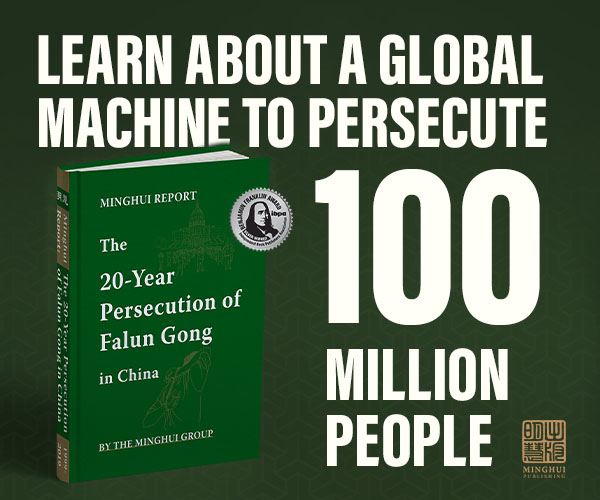(Minghui.org) Falun Dafa practitioners know the importance of awakening peoples’ consciousness because it is our mission and one of the three things we must do. There are many diligent practitioners, but I also see some room for improvement.
The Fa-rectification period is drawing to a close, so we should do our best to utilize the remaining time, but some practitioners in our area have become complacent. They feel that they’ve done a lot and have accumulated great virtue, so they believe they won’t fall behind. Some appear numb and aren’t willing to break through this state. Many practitioners no longer discuss how to save more people after group Fa-study. They either hurry home or chat about everyday topics.
Some practitioners worry that they will be left behind, so they are motivated by selfishness when they clarify the truth to people. They talk about things at higher levels, and ordinary people have a hard time understanding. Instead of helping them, this may drive people away. Some practitioners are not serious about the importance of encouraging people to quit the Chinese Communist Party (CCP).
Others call themselves Falun Dafa practitioners but only focus on their secular lives and seldom read the Fa.
Thinking about the standard of the new universe and thinking about our own realms, have we cultivated to the state of selflessness? We are all cultivating toward this goal, but some practitioners are comfortable with their current state and do not want to change.
I would like to remind fellow practitioners that we can have a breakthrough regarding doing the three things. Many people are still waiting for us to save them. I hope we can all cooperate with each other and save more lives.
Every practitioner should take saving people seriously. In the limited time before Master’s Fa rectifies the human world, let’s save more people and not let regrets become eternal regrets.
Editor’s note: This article only represents the author’s understanding in their current cultivation state meant for sharing among practitioners so that we can “Compare with one another in study, in cultivation.” (“Solid Cultivation,” Hong Yin)
Views expressed in this article represent the author's own opinions or understandings. All content published on this website are copyrighted by Minghui.org. Minghui will produce compilations of its online content regularly and on special occasions.
Category: Improving Oneself










